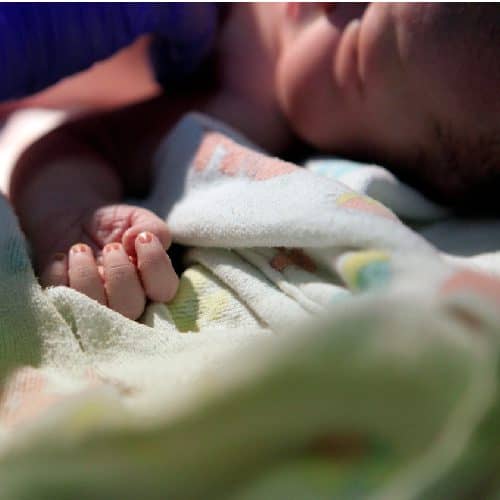Clinical negligence
From delayed diagnosis to surgical errors
Not all operations or procedures can be straightforward, and sometimes events occur during a procedure which were not anticipated. Generally there will be a list of potential complications which can arise, some of which can be rare but can nevertheless occur. These complications should always be explained to the patient before the procedure is undertaken. They should almost always be asked to sign a form indicating their consent to the procedure, and confirming that they understand that a complication is unlikely, but still possible.
A surgical error is a term commonly used to describe a situation where a doctor, or other health professional, makes a mistake during surgery or a medical procedure which affects or changes the outcome of that surgery. A negligent error would usually be one which was unforeseen or uncommon, and which, more importantly, the patient was not warned about prior to the procedure. At worst, this error could be described as a ‘never event’, a phrase which is used to describe an event which should never occur.
Such errors can include
- injury to organs/parts of the body other than those being operated upon
- maladministration of anaesthetic
- inappropriate removal of an organ or part of the body
This can mean that further (otherwise unnecessary) surgeries are needed to put the problem right, if indeed the error can be resolved at all. Sometimes, the consequences can be lifelong or, at worst, result in premature death.
We act for individuals who have been affected by such medical mistakes, and have supported them and their families through the necessary legal steps to obtain an explanation as to how the error was able to occur.
Contact us today on 01803 213251 for an informal chat, without obligation.
















